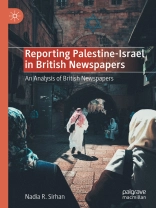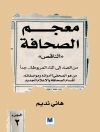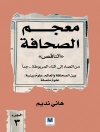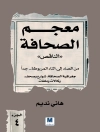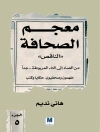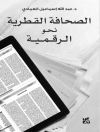This book examines the portrayal of the Palestinian-Israeli ‘conflict’ by looking at the language used in its reporting and how this can, in turn, influence public opinion. The book explores how language use helps frame an event to elicit a particular interpretation from the reader and how this can be manipulated to introduce bias. Sirhan begins the book by examining the history of the ‘conflict’, and the many persistent myths that surround it. She analyses how five events in the ‘conflict’ (two in which the Palestinians are victims, two in which the Israelis are victims, and Operation Cast Lead) are reported in five British newspapers: The Daily Mail, The Guardian, The Independent, The Daily Telegraph, and The Times. By looking at these events across a range of newspapers, the book investigates differences in the way that the media report each side, before exploring what factors motivate these differences – including issues of bias, censorship, lobbying, and propaganda.
表中的内容
1. Introduction.- 2. Uncovering Myths About the Palestinian- Israeli ‘Conflict’.- 3. Language Use in the Reporting of the ‘Conflict’.- 4. Media Censorship in the Reporting of the Palestinian-Israeli ‘Conflict’.- 5. Media Framing and Sourcing Techniques Used in the Reporting of the ‘Conflict’.- 6. The Status Quo and a Look to the Future.
关于作者
Nadia R. Sirhan is a linguist and a freelance Arabic translator. She earned a Ph D in Arabic linguistics from SOAS, University of London, UK. Her previous works include Folk Stories and Personal Narratives in Palestinian Spoken Arabic (2014) and Mastering Arabic Vocabulary (2018).
